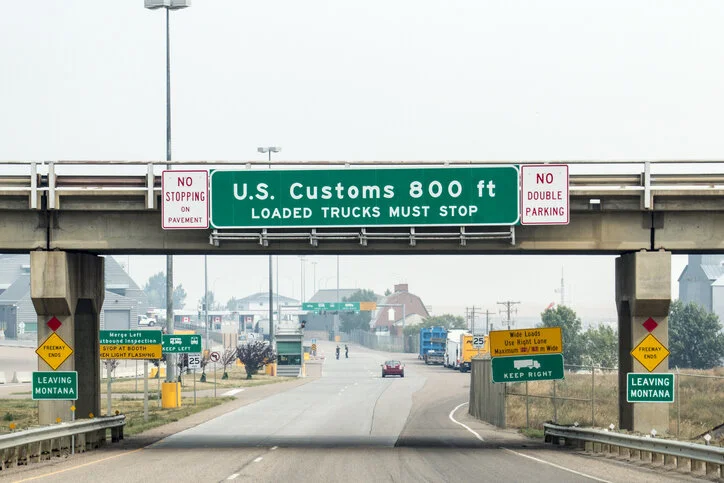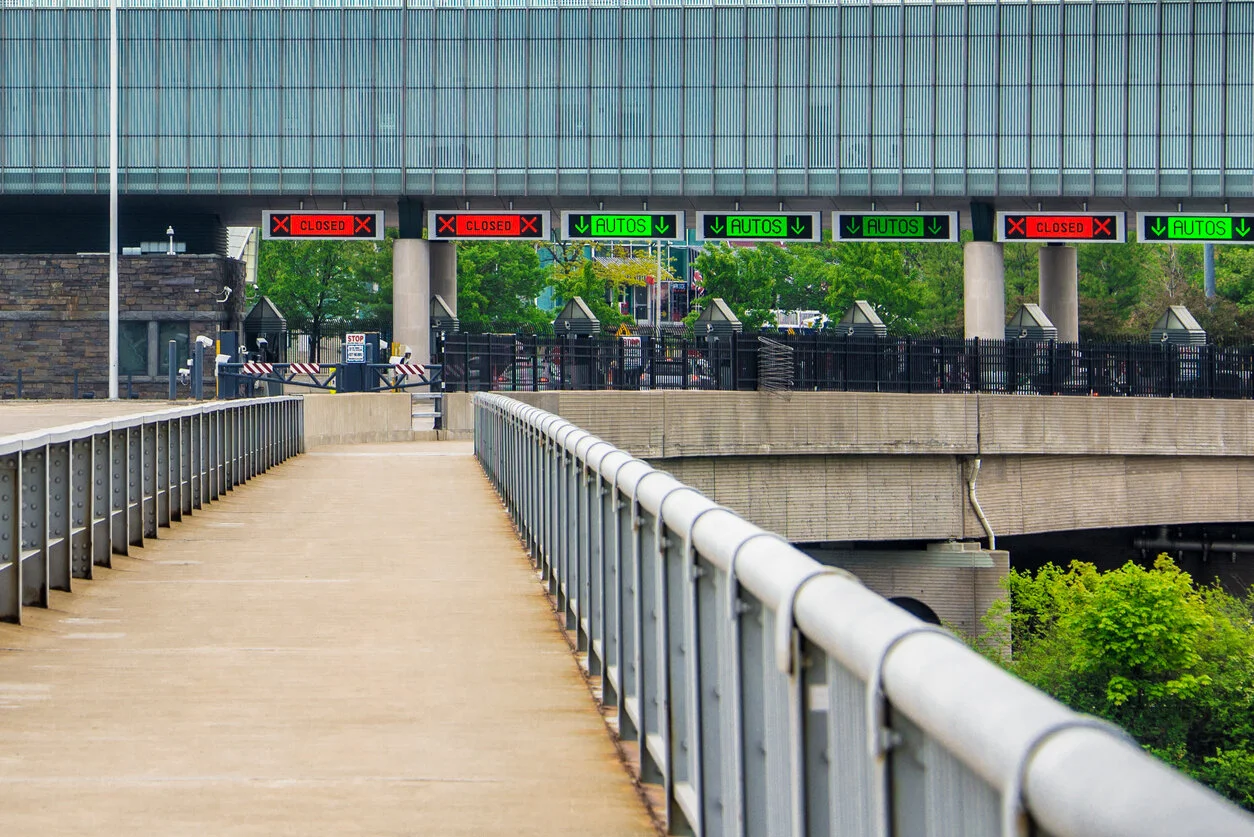The Department of Homeland Security (DHS) is changing the way the annual H-1B lottery is conducted so that priority is given to registrations with the highest wage level. This final rule will be published on January 8 (tomorrow), and take effect 60 days thereafter on March 9, 2021.
Read MoreIn yet another attempt to restrict the H-1B visa program, the Department of Homeland Security (DHS) has announced that it plans to change the process by which the annual H-1B lottery is conducted so that priority is given to registrations with the highest wage levels.
Read MoreThe Department of Homeland Security has announced that it will continue to limit “non-essential travel” at its land borders with both Canada and Mexico for an additional 30 days through October 21, 2020.
Read MoreWith employers and employees continuing to take physical distancing precautions in response to COVID-19, U.S. Immigration and Customs Enforcement (“ICE”) has again extended the ability of employers to remotely verify a new employee’s identify and employment authorization documents for Form I-9 purposes through November 19, 2020, provided the employer continues to have its employees working remotely.
Read MoreThe termination of a program that has allowed nationals of El Salvador, Haiti, Nicaragua, and Sudan to temporarily live and work in the United States was upheld by a federal court of appeals last week. This decision is expected to affect approximately 400,000 foreign nationals, many of whom have lived in the United States for decades, as well as another 200,000 U.S. citizen family members.
As a result of this recent ruling, TPS is scheduled to end in March 2021 for Haitians, Nicaraguans, and Sudanese, and, in November 2021, for nationals of El Salvador. The Trump Administration has been trying to terminate TPS for nationals of these countries since 2017 and have been blocked by federal court litigation.
The Department of Homeland Security has announced that it will continue to limit “non-essential travel” at its land borders with both Canada and Mexico for an additional 30 days through September 21, 2020. Travel for recreation or tourism is considered “non-essential.” Essential services related to the movement of food, fuel, healthcare and life-saving medicines will continue.
Read MoreThe Department of Homeland Security has announced that it will continue to limit “non-essential travel” at its land borders with both Canada and Mexico for an additional 30 days through August 20, 2020. Travel for recreation or tourism is considered “non-essential.” Essential services related to the movement of food, fuel, healthcare and life-saving medicines will continue.
Read MoreWith employers and employees continuing to take physical distancing precautions in response to COVID-19, U.S. Immigration and Customs Enforcement (“ICE”) has again extended the ability of employers to remotely verify a new employee’s identify and employment authorization documents for Form I-9 purposes through August 19, 2020, provided the employer continues to have its employees working remotely.
Read MoreThe Department of Homeland Security has announced that it will continue to limit “non-essential travel” at its land borders with both Canada and Mexico for an additional 30 days until July 21, 2020. Travel for recreation or tourism is considered “non-essential.” Essential services related to the movement of food, fuel, healthcare and life-saving medicines will continue.
Read MoreWith employers and employees continuing to take physical distancing precautions in response to COVID-19, U.S. Immigration and Customs Enforcement (“ICE”) has again extended the ability of employers to remotely verify a new employee’s identify and employment authorization documents for Form I-9 purposes through July 17, 2020, provided the employer continues to have its employees working remotely.
Read More









